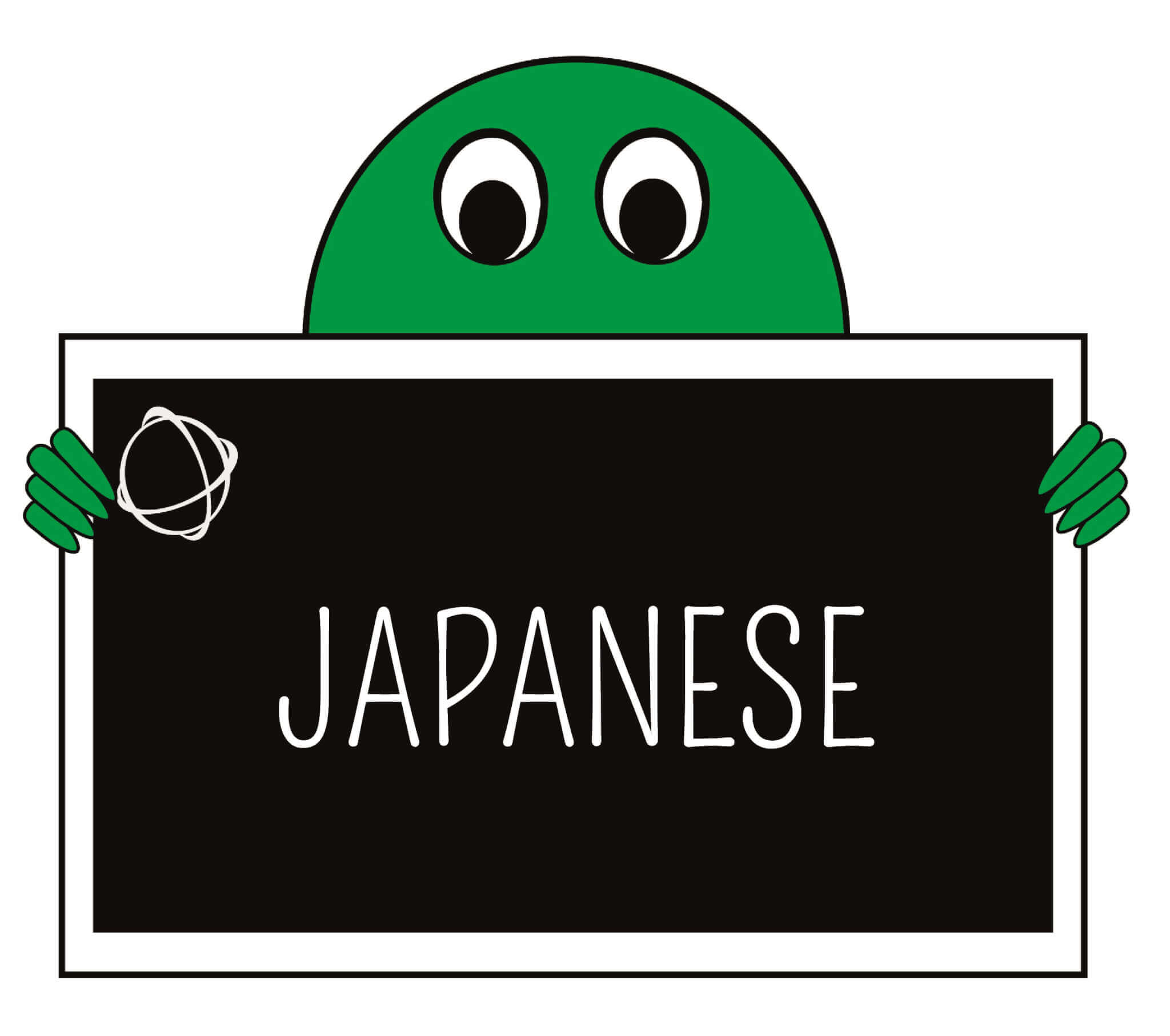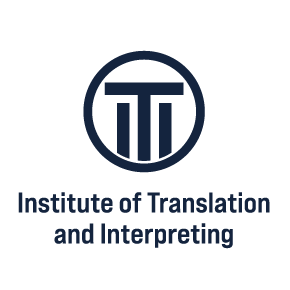Atlas Translations: Translation into Japanese
Japanese (日本語 Nihongo) is a Japonic language spoken by 126 million people worldwide. As the official language of Japan it also holds official status in the Pacific Island Angaur.
Although little is known of the language’s prehistory, at one stage it was thought that Japanese had links with Korean, but this relationship has been widely debated, and discredited by many linguistic scholars.

Politeness is an important characteristic of Japanese culture, and this is supported by the grammatical system. Different social status levels are expressed in language. Although children do not use polite speech, they are expected to adopt this manner once they become teenagers.
Uchi-soto (inside-out) distinguishes a difference between ‘in’ and ‘out’ groups. When talking to someone from an ‘out’ group, speech must be respectful. Japanese contains many special honorific and humble alternate verbs to convey this. The Uchi-soto system is complex and the average person will have different statuses, depending on who they are talking to at the time, and what their position is in that respective group. For example, a parent who would be honoured when spoken to by their teenage children, would then speak humbly to a senior member of staff.
The order of Japanese language is subject–object–verb (SOV) and the subject, object, and verb of a sentence always or usually appear in that order. If English was in this order an example sentence would be “Jim a sandwich ate”.
Wasei-eigo
Another fascinating aspect of Japanese language is Wasei-eigo – Japanese-made English. Many English words have been loaned into Japanese intentionally rather than by natural assimilation, and thus the meaning of the original English can become distorted. The words enter everyday use and become so commonplace that they can end up meaning something completely different.
Some examples of wasei-eigo:
| Japanese | Romanised Japanese | Origin | Meaning |
| アフターサービス | afutā sābisu | after service | customer service |
| ポテチ | pote-chi | potato chips | potato chips |
| サイダー | saidā | cider | carbonated (lemon-lime) drink |
Hepburn Romanisation is the worldwide standard form of romanising the Japanese language. It was established by James Curtis Hepburn (American missionary) in 1886 when he published a Japanese to English dictionary.
Famous non-native speakers
Steven Seagal: Before reaching stardom as an action film superstar, Seagal spent time studying the martial art of Aikido in Japan. He is said to speak Japanese fluently in an Osaka dialect.
Natalie Portman: While at school Natalie Portman spent some time studying the Japanese language.
Edward Norton: Before becoming an actor, Norton studied Japanese at Yale University. He lived in Japan for a while with his grandfather, who was working on the famous Osaka Aquarium Kaiyukan.
Rivers Cuomo: Lead singer of Indie band Weezer recorded an entire album in Japanese. He is also married to a Japanese woman who probably helped out with his linguistic skills!















